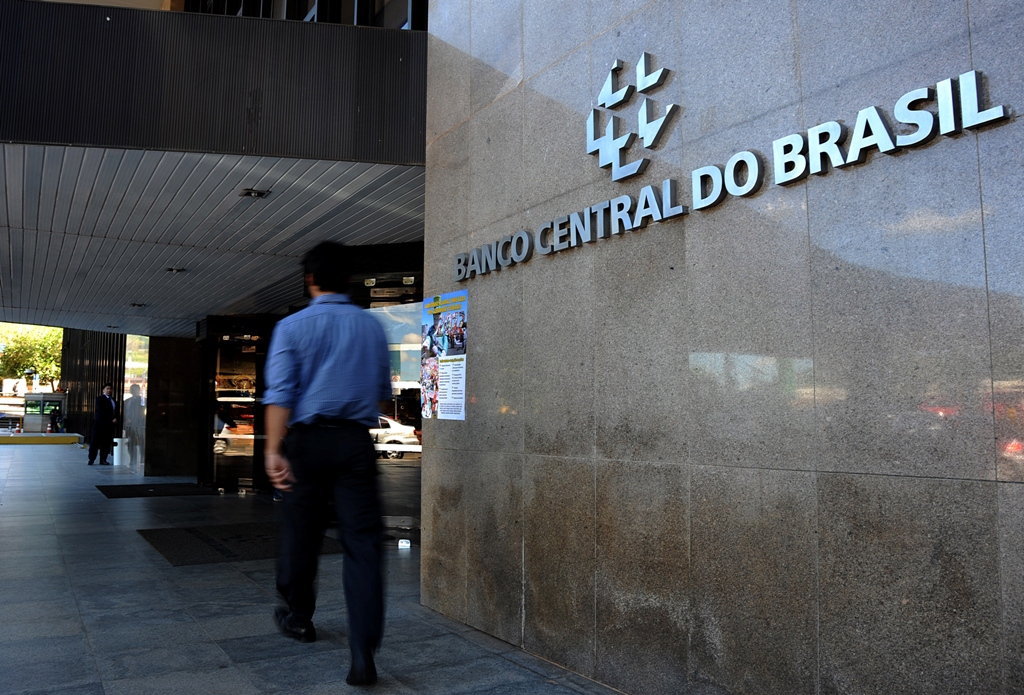Brazil’s Securities and Exchange Commission (CVM) approved cryptocurrency assets for inclusion in sanctioned investment funds, it was revealed ahead of the Christmas holiday.
The government body allowed investment funds to keep crypto assets on Friday. It explained that it will allow cryptocurrency funds to operate under regulations based on the ownership and integrity of held assets.
The news comes ahead of a debate among members of the Financial Innovation Laboratory (LAB) on crypto assets and decentralised finance (DeFi).
According to its website, the CVM-linked organisation aims to “promote the study, analysis and development of models and conceptual structures in the Brazilian financial and capital market that use crypto-assets and functionalities and models adopted by Decentralized Finance, preserving investor protection, market efficiency and other objectives of national regulation.”
It also aims to create and develop crypto prototypes for Brazil’s capital markets.
What’s in the New Bill?
The new government regulatory framework, signed into law by former Brazilian president Jair Bolsonaro last Thursday, will determine sets of regulations for crypto assets.
The new bill will provide rules for establishing fraud charges for digital assets, totalling four to six years of jail and monetary penalties.
The bill also requires digital asset companies to apply for licences for designated “virtual service providers.” This also covers exchange and trading intermediaries and determines which digital currencies qualify as legal payment methods in Brazil.
The new law also determines rules for inclusion in investment funds. For example, crypto assets must receive authorisation from the CVM, local supervisory firms, or Brazil’s Central Bank, the Banco Central do Brasil.
All supervisory entities involved must remain legally capable of conducting operations and follow regulatory guidelines, including anti-money laundering and counter-financial terrorism rules.
Market agents must also scrutinise cryptocurrency assets on whether they are securities, as market guidelines have outlined.




